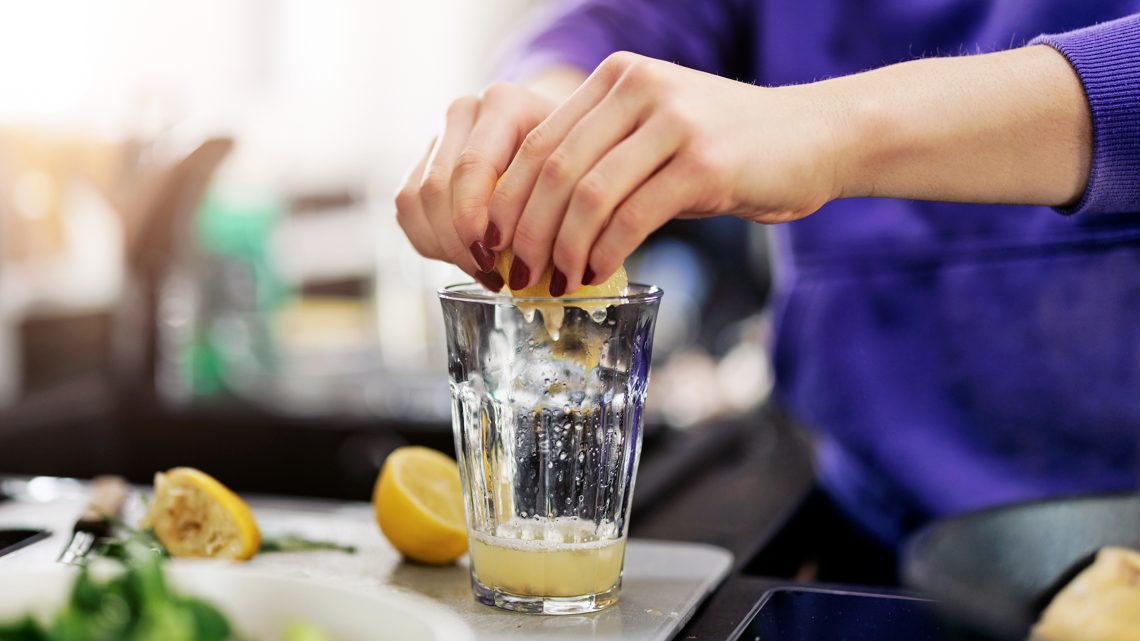Introduction
Kidney stones are a painful condition affecting millions globally, often recurring without proper prevention. Among natural remedies and preventive strategies, lemon juice and its active component citrate have gained popularity as potential allies against kidney stones. But how effective are they, and what does the science say? This detailed article explores the role of lemon juice and citrate in kidney stone prevention, how they work, recommended intake, and practical tips for incorporating them into your daily routine.
Understanding Kidney Stones and Citrate
Kidney stones form when minerals in the urine, such as calcium, oxalate, and uric acid, crystallize and aggregate into solid masses. The most common type of kidney stone is calcium oxalate stones.
Citrate is a naturally occurring compound in urine that plays a crucial role in preventing kidney stone formation by:
- Binding with calcium: Citrate attaches to calcium in urine, reducing the amount available to bind with oxalate or phosphate and form stones.
- Inhibiting crystal growth: It prevents crystals from growing and sticking together.
- Alkalinizing urine: Citrate raises urine pH, creating an environment less favorable for certain types of stones, like uric acid stones.
Low urinary citrate levels, known as hypocitraturia, significantly increase the risk of kidney stones.
Why Lemon Juice?
Lemon juice is rich in citric acid, which the body metabolizes into citrate. This makes lemon juice a natural source of citrate that can boost urinary citrate levels and help prevent stone formation.
- A typical lemon contains about 6 grams of citric acid.
- Drinking lemon juice can raise urinary citrate, similar to prescription citrate supplements.
- It also has the benefit of being a natural, affordable, and tasty option.
Scientific Evidence: Lemon Juice and Kidney Stones
Several studies support the use of lemon juice or citrate supplementation for kidney stone prevention:
- Increased urinary citrate: Consuming lemon juice has been shown to increase urinary citrate and pH.
- Reduced stone recurrence: Some clinical trials indicate that citrate supplementation lowers the rate of stone recurrence.
- Comparison to potassium citrate: Lemon juice can have similar benefits to potassium citrate pills, a common prescription for stone prevention.
However, the citrate concentration in lemon juice is lower than in pharmaceutical supplements, so larger volumes may be needed for similar effects.
How Much Lemon Juice is Effective?
Studies suggest that daily consumption of about 120 ml (approximately 4 ounces) of pure lemon juice can increase urinary citrate levels meaningfully.
- This is roughly equivalent to the juice of 2 to 4 fresh lemons.
- Diluting lemon juice with water is common to reduce acidity and improve taste.
- Drinking lemonade made from fresh lemon juice, water, and minimal sweetener is a practical way to consume enough citrate.
Practical Tips for Using Lemon Juice
- Freshly squeezed is best: Fresh lemon juice contains higher citrate than bottled or concentrate.
- Dilute before drinking: Mix lemon juice with water to protect tooth enamel and avoid stomach irritation.
- Avoid added sugars: Excess sugar may contribute to stone risk and other health issues.
- Consistency matters: Regular daily intake is important for preventive effects.
- Combine with hydration: Lemon juice works best as part of an overall hydration strategy.
Are There Any Risks or Considerations?
- Tooth enamel erosion: The acidity of lemon juice can erode tooth enamel over time; drinking through a straw and rinsing your mouth with water helps.
- Stomach irritation: Some people may experience acid reflux or gastritis.
- Kidney conditions: Those with existing kidney problems should consult a doctor before increasing citrate intake.
- Not a cure-all: Lemon juice complements but does not replace medical treatment or other dietary changes.
Other Citrate-Rich Foods
Besides lemons, other citrus fruits and juices are good sources of citrate:
- Oranges and orange juice
- Limes and lime juice
- Grapefruits
These can be included as part of a varied diet to support citrate intake.
Citrate Supplements vs. Lemon Juice
- Citrate supplements (potassium citrate or sodium citrate) are prescribed at controlled doses for people with recurrent stones or low urinary citrate.
- Lemon juice is a natural alternative, but less concentrated and more variable in citrate content.
- Supplements may be necessary for severe cases or when dietary measures aren’t sufficient.
Conclusion
Lemon juice, rich in natural citrate, is a promising, natural ally in the fight against kidney stones. Its ability to increase urinary citrate, inhibit crystal formation, and alkalinize urine makes it a valuable preventive tool—especially when combined with adequate hydration and other dietary modifications. While not a standalone cure, regular consumption of lemon juice can be a simple, cost-effective, and tasty way to support kidney health. Always consult your healthcare provider before making significant changes to your stone prevention plan.
FAQs:
How does lemon juice help prevent kidney stones?
It increases urinary citrate, which binds calcium and prevents stone formation.
How much lemon juice should I drink daily for prevention?
About 120 ml (4 ounces) of fresh lemon juice diluted in water is effective.
Can lemon juice replace prescription citrate supplements?
It can help, but supplements are stronger and may be needed for severe cases.
Are there any side effects of drinking lemon juice regularly?
Possible tooth enamel erosion and stomach irritation; use a straw and dilute with water.
Does lemon juice help all types of kidney stones?
It’s most effective against calcium oxalate and uric acid stones by raising urine citrate and pH.






